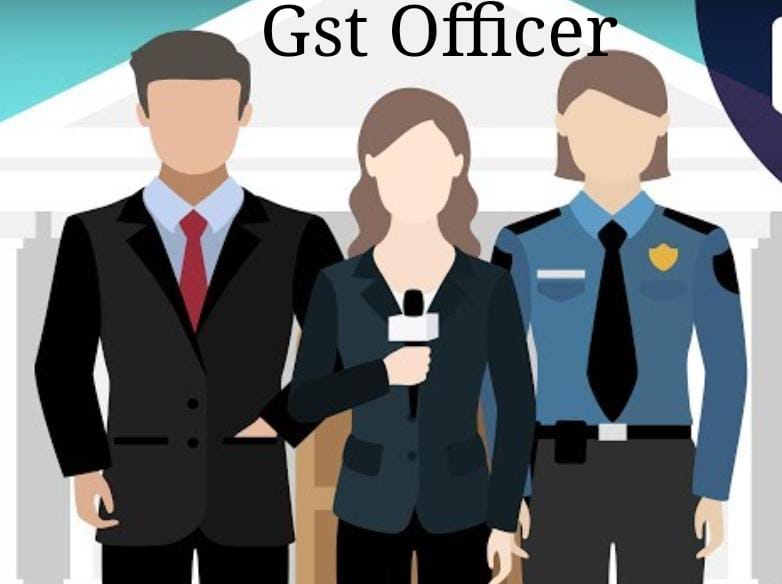
Supreme Court: GST Officers Need Verifiable Material, Not Just Suspicion, for Arrests
By: Admin
May 11, 2024
Categories: GST Recent News
4 Min Read

The Supreme Court of India heard arguments on May 9th, 2024, regarding the legality of arrest powers given to officers under the Customs Act and GST Act. The main issue was whether these officers must follow the procedures outlined in the Criminal Procedure Code (CrPC) when making arrests, especially in cases classified as non-cognizable offenses.
The Additional Solicitor General (ASG) argued that Customs and GST officers are not “police officers” and therefore, provisions like Article 20(3) of the Constitution (protection against self-incrimination) and Section 25 of the Evidence Act (inadmissibility of confessions made to police officers) do not apply to them. He argued that special laws like the Customs Act override the CrPC in these situations, giving these officers the power to arrest even in non-cognizable cases without a warrant.
However, the bench, consisting of Justices Khanna, Sundresh, and Trivedi, pointed out that Parliament, while amending the Customs Act, did not completely disregard the 2011 Om Prakash judgment that emphasized aligning with CrPC procedures. They observed that this partial amendment implies a need for some adherence to the CrPC, even for officers under special laws.
The bench also questioned the lack of private complaints under the GST Act, fearing potential abuse if only the government could be the “aggrieved party”. Justice Khanna emphasized that arrests should not be made based on mere suspicion. He stressed the need for “verifiable material” that justifies the arrest, which should be reviewable by a Magistrate.
This hearing highlighted the ongoing debate about balancing the investigative powers granted under special laws with the safeguards provided by the CrPC. The case is scheduled for further hearing on May 15th, 2024.
Case Title: Radhika Agarwal v. Union of India and Ors., W.P.(Crl.) No. 336/2018 (and connected matters)